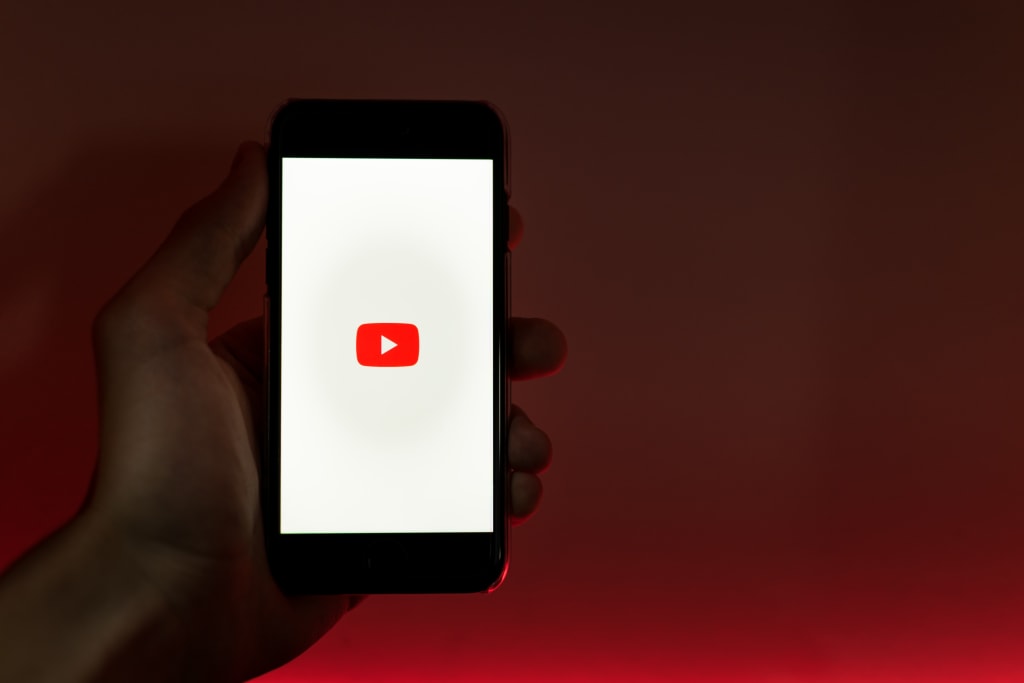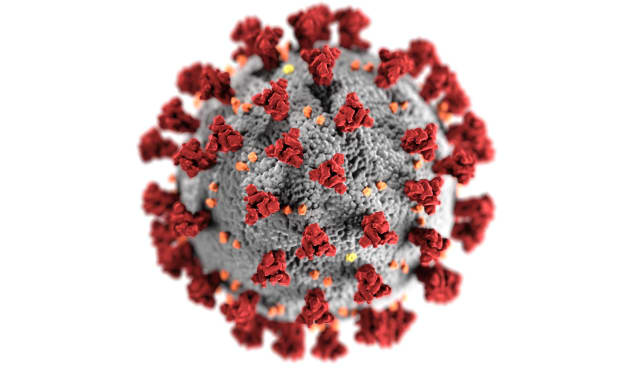How Can Your Smartphone Recognise You Just By The Way You Hold It?
Will AI technology help personalise phones through touch

Technology has advanced far beyond our expectations. However, it always ceases to continue to amaze us. Your phone could be storing an ‘imprint’ of your unique grip each time you pick it up - meaning it could recognise you by giving it a quick shake.
There's a new technology which might make your next phone really personal to you. Your smartphone might be able to work out whether or not it's being held by its 'owner'.
Developers from Queen Mary University in London have discovered that when someone holds their smartphone, the device creates an imprint of their palm and fingers on the back.
The technology could also be used to make your phone more personalised so that it can recognise you by the way you hold the device. As well as the usual palm size and shape, there is also a grip pattern on your fingers which can tell how firm or soft you are. Holding your phone in your hand could even become a new way to log into your device.
Dr James Newman said: 'There may very well be a need for a confirmation of identity in future technology where the device has to be identified.
'Right now, we are not even considering what purpose this could have. But as smartphones are getting more and more personalised, it might become an interesting application.'
The technology is already being used by some smartwatches which can display notifications based on how you hold them. While the research team had to build their own devices to carry out their experiments, they claim that the concept is already in use on smartphones which have been designed by manufacturers such as Dell and Huawei.
The researchers say that the 'imprint' can be traced by using a computer vision system which knows how to distinguish between a man's or woman's palm. They took 30 human subjects and photographed their hands, revealing the data needed to build their recognition system.
This included the finger width and its length as well as the angle of your hand while holding it. The researchers were also able to track how many times each hand was used.
Once they had collected enough information, they then tested their new smartphone detection technology by showing them photographs of other people's hands with varying degrees of palm prints imprinted on the back.
They discovered that the recognition system could detect the gender of a user by measuring their palm imprints with an accuracy of more than 90 per cent. They were also able to tell whether or not a phone was being held in a man's or woman's hand with accuracy of around 70 per cent.
Dr Newman added: 'We can identify the gender based on the size of the palm and we can also recognise whether it is being held in a dominant or non-dominant hand.'
'There are some new authentication methods which are based on biometrics, such as your voice pattern or your way of walking,' he said. 'We could recognise your phone based on the way you hold it.'
The researchers say that the 'imprint' can be traced by using a computer vision system which knows how to distinguish between a man's or woman's palm. They took 30 human subjects and photographed their hands, revealing the data needed to build their recognition system.
The researchers are testing more accurate technology which will measure fine details such as tiny ridges in each finger tip, as well as analysing palm indentations.
Futurologist Dr Ian Pearson said: 'This technology is going to be huge. We carry our phones with us all the time and they track where we go, who we talk to and how we spend our time. This is all data which could be used to target advertising or even tailor the way your phone works just for you. 'But it's not just phones that will become personalised, driverless cars could also have a recognition system which allows them to tell whether it's you behind the wheel or not.'
This new technology does raise some interesting questions about security and privacy. 'The fact a device can recognise you could also mean it knows whether you have a lot of money or if you are attractive,' he said. 'This is already a problem with some camera phones which can be hacked to identify where you are, and how wealthy your neighbourhood is.' says Dr Newman.
He said the technology may also be used to track people in places where there is no security infrastructure such as at schools and in hospitals. 'This technology is going to make all the gadgets we use much more personalised and that could be very useful but it could also lead to new problems.
As AI systems have become more advanced, an artificially intelligent algorithm has been created to learn to recognise mobile phone users from the way they hold their smart devices and the skates in their hands. Small vibrations in our hands could help the algorithm identify people according to research carried





Comments
There are no comments for this story
Be the first to respond and start the conversation.